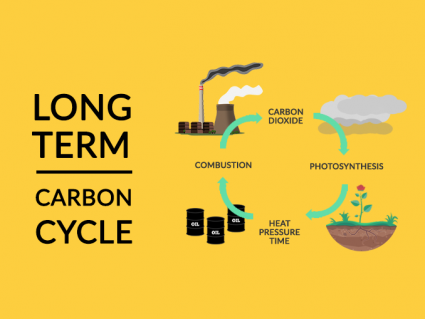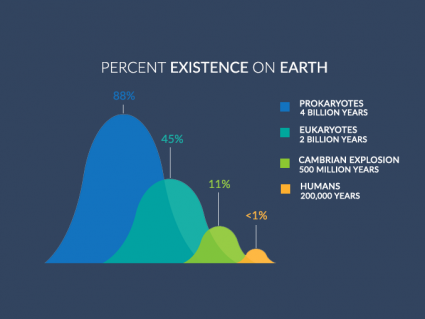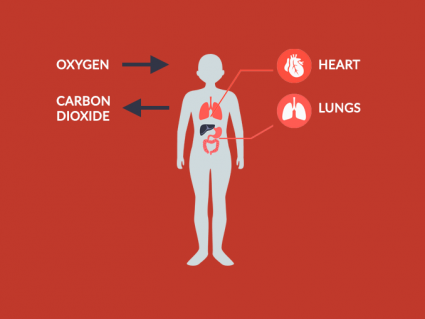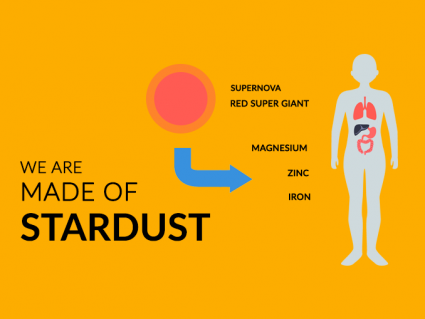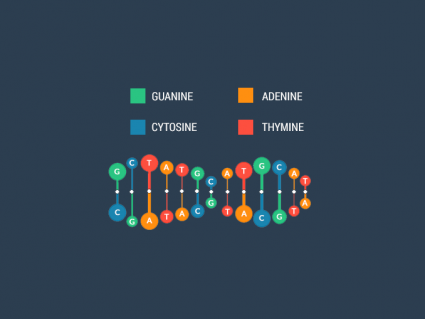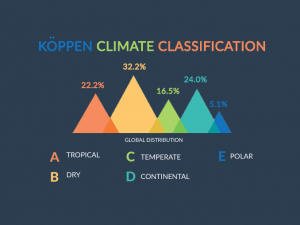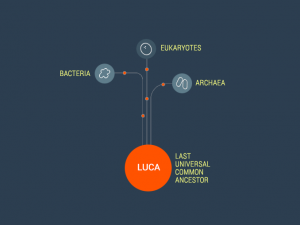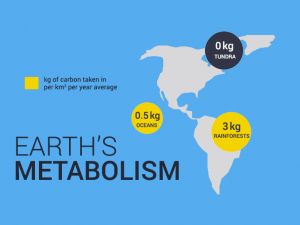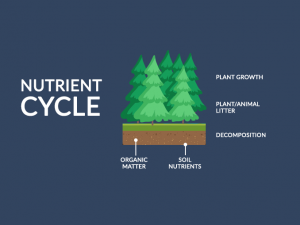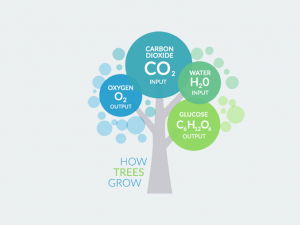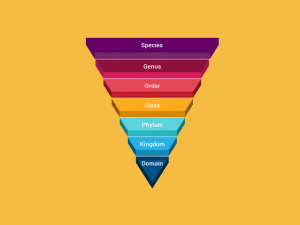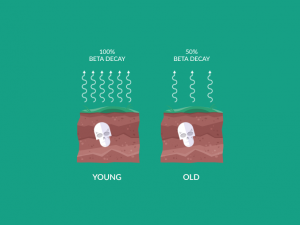How Long Does It Take for Plastic to Decompose?
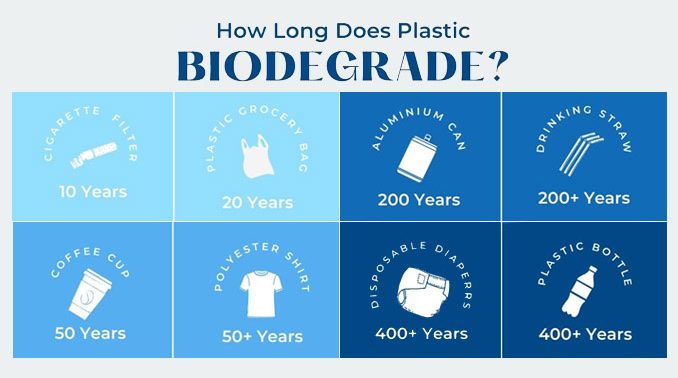
How Long Does Plastic Decompose?
Plastic takes a really long time to decompose. For some materials, it can take tens or even hundreds of years.
The main reason is because plastics don’t easily break down by natural processes. But nature can break down things like food or leaves in just months.
From grocery bags to plastic straws, let’s examine how long it takes for plastic to decompose.
Cigarette Filter (10 years)

Cigarette filters are usually made of a type of plastic called cellulose acetate. Cellulose acetate is a durable and slow-degrading material that can take a long time to decompose – often up to 10 to 15 years.
They break down more quickly than some other plastics. But this resilience means that cigarette filters can persist in the environment for years, which is not good for nature.
Plastic Grocery Bag (20 years)

Plastic bags are typically made from a type of plastic called polyethylene. They use two types of polyethylene: high-density (HDPE) and low-density (LDPE).
HDPE bags are thinner and stronger, while LDPE bags are more flexible and less dense. Both types of plastic can linger in the environment for over 20 years.
Coffee Cup (50 years)

Plastic coffee cups, like many other plastic items, can take a very long time to decompose. It often takes half a century for coffee cups to decompose.
They are usually made of a type of plastic called polystyrene, which is not easily broken down by natural processes. So, they stick around in the environment for a very, very long time, which isn’t good for the planet.
Polyester Shirts (50+ years)

Polyester shirts take a really long time to decompose. Similar to the duration of coffee cups, polyester shirts can take several decades to persist in the environment.
They are typically made from synthetic fibers that are designed to be durable and resistant to things like moisture and bacteria. As a result, polyester stays intact for a long time, these shirts can stay in the environment.
Aluminum Can (200 years)

Aluminum is a very different material compared to plastic. It takes over 200 years for aluminum cans to decompose because it’s a metal. While it does corrode or rust over time, it happens very slowly.
The metal is resistant to things like moisture and oxygen that break down materials. This slow corrosion is why aluminum cans can last for several decades in the environment before they break down.
Drinking Straws (200+ years)

Lately, people have been trying to use fewer plastic straws and there has been a push to use paper or reusable ones instead.
Plastic straws cause ocean pollution and harm marine animals by being eaten. The fact that it takes 200+ years for drinking straws to decompose makes it a threat to the environment.
Disposable Diapers (400+ years)

Disposable diapers take a long time to decompose because they are made of multiple layers of synthetic materials. This includes plastics and super-absorbent polymers. These materials are designed to be durable and resistant to moisture, which is necessary to keep the diaper effective.
However, this durability means that these diapers don’t easily break down in the environment. They can stay intact for hundreds of years, causing long-term environmental issues in landfills.
Plastic Bottles (400+ years)

Plastic bottles don’t break down quickly because they’re usually made of a plastic called PET (polyethylene terephthalate). PET plastic resists breaking down in the environment and it’s one of the reasons why plastic bottles are a major environmental concern.
On the other hand, PET bottles are one of the most commonly recycled plastics. Recycling PET bottles is an eco-friendly way to reduce the amount of plastic waste by turning them into new products.
How Long Does It Take for Trash to Decompose?
Single-use plastics, like plastic bottles, disposable diapers, and drinking straws, harm the environment and oceans the most.
Many people throw away these items after using them once, and they can stay in the environment for hundreds of years.
We encourage everyone to use less plastic and recycle to solve the problems with plastic waste.
Sources
Lifecycle of Plastics (WWF) – https://wwf.org.au/blogs/the-lifecycle-of-plastics/

